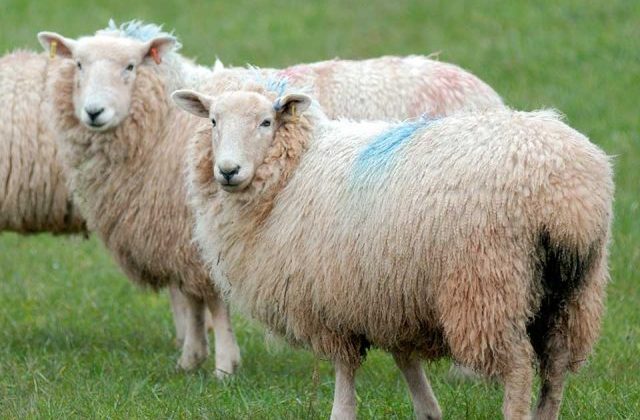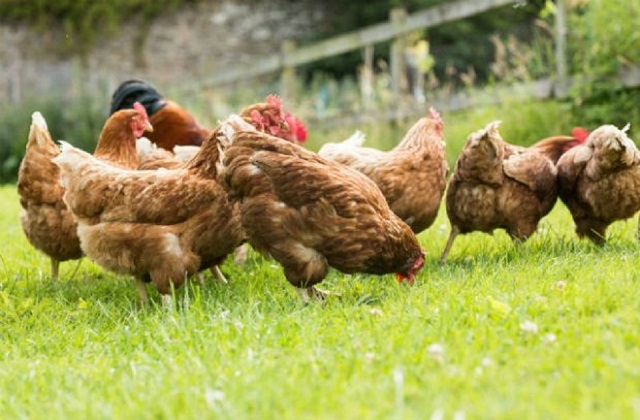Biosecurity and EU Exit

This led to coverage in the Independent, Daily Express, Sky News, BBC Today Programme and BBC Farming Today.
This coverage focussed on the report’s key findings including the House of Lords warning that that biosecurity in the UK could be threatened after Brexit and its call for the government to maintain a close relationship as possible with the EU on biosecurity.
A Defra spokesperson said:
The government’s ability to protect the country from pests and diseases will not be compromised once we leave the EU, nor will we stop sharing information with European or other global partners. To do so would be in nobody’s interests.
All member countries are required to report any listed animal disease to the World Organisation for Animal Health within 24 hours of a disease being confirmed. We will also remain part of plant information-sharing networks, such as European and Mediterranean Plant Protection Organization (EPPO).
Within Defra we have taken a number of steps to maintain our high biosecurity standards post March 2019. This includes working with industry to make sure the necessary numbers of vets are in place.
We will formally respond to this report in due course.
Sales of veterinary antibiotics at their lowest since 1993

The Veterinary Medicines Directorate have today published their annual Veterinary Antimicrobial Resistance and Sales Surveillance (VARSS) report which shows that the sale of antibiotics for use in animals have fallen to their lowest level in 25 years.
For the first time, the annual report presents data on the use of antibiotics in beef, trout and salmon in addition to usage in the poultry, pig, dairy, gamebird and egg-laying hen industries.
In 2013 the UK government launched a strategy to reduce the development and threat of antibiotic resistance in animals and humans. As part of this it provided advice to the food-producing animal industry and veterinary professions, encouraging more responsible use of antibiotics to protect medicines for the future.
Lord Gardiner, Minister for Rural Affairs and Biosecurity, said:
These results show an encouraging reduction of antibiotic use in pigs, poultry and other food-producing animals. I hope that the results will set a further example for our food and farming sectors to tackle the threat of antimicrobial resistance. As we know, good farm management, biosecurity and animal husbandry systems are crucial to achieving this.
The UK’s Chief Veterinary Officer, Christine Middlemiss, said:
A 40% drop in sales of antibiotics for use in food-producing animals between 2013 and 2017 is an excellent achievement. This is the result of year-on-year improvement in training, stewardship, stockmanship and disease control.
I praise the industry for their commitment to successfully deliver responsible use of antibiotics and reductions. We must continue to champion infection prevention and disease control to ensure high animal health standards and the optimised use of antimicrobials.